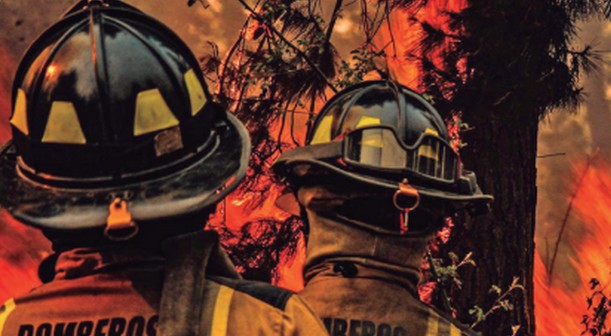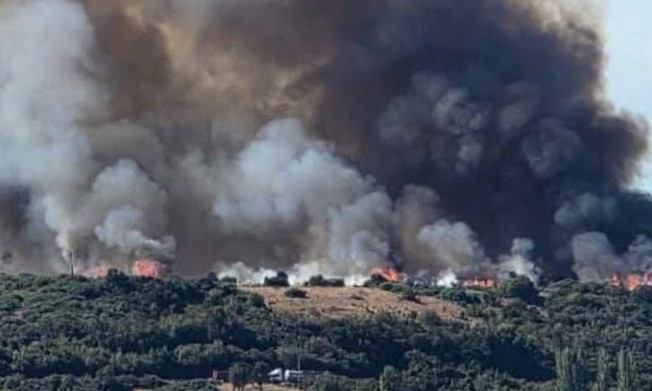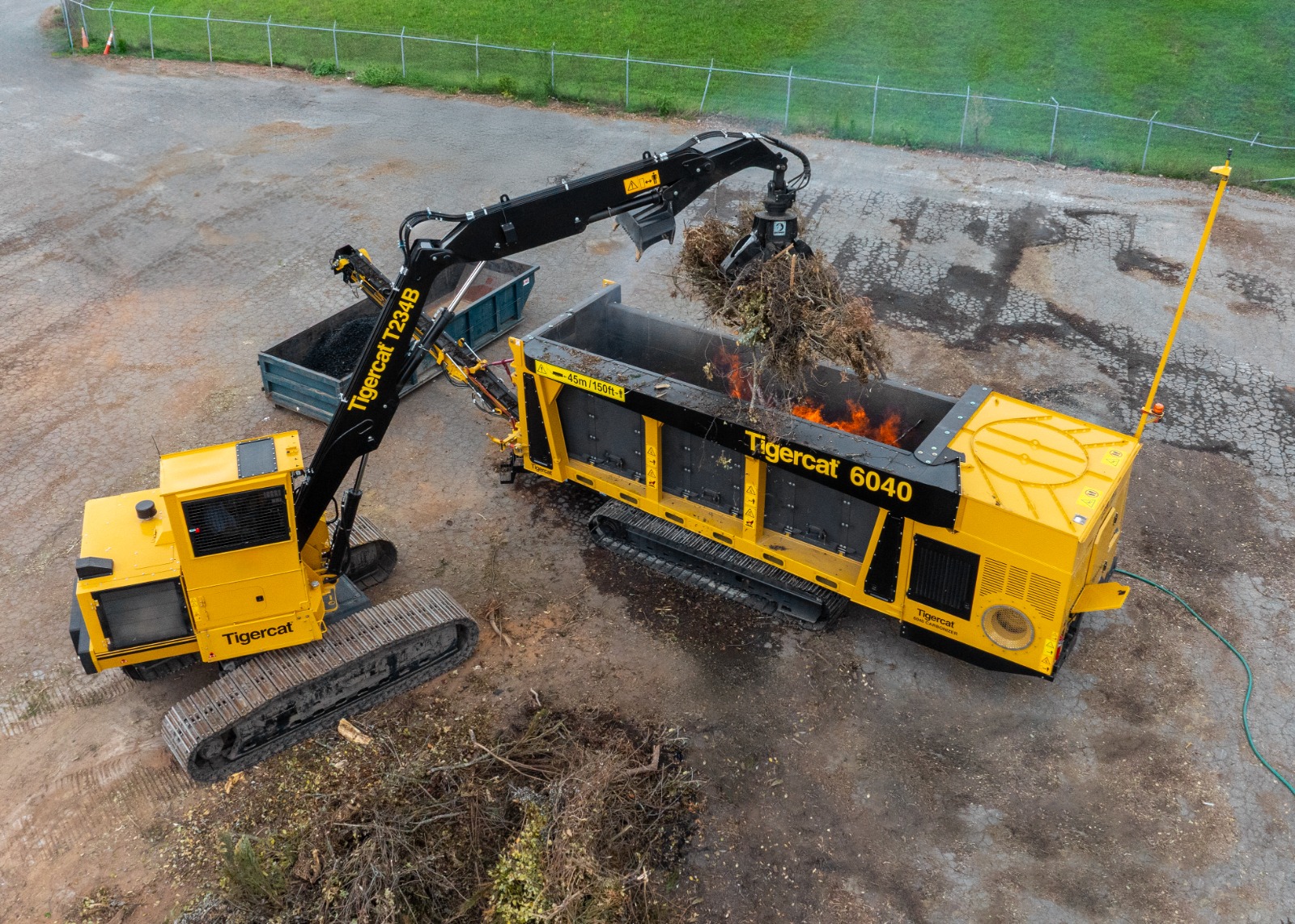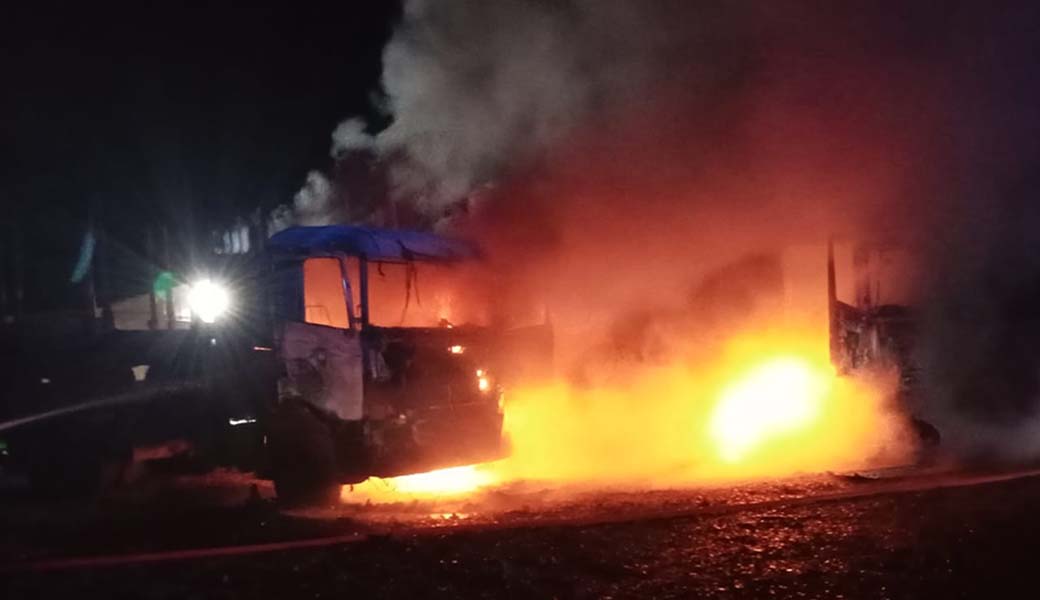- Seven associations, including Acoforag, argue that the current bill aimed at regulating the prevention of forest and rural fires focuses mainly on reducing the spread of fires, without comprehensively addressing the full cycle of fire management.
From the timber industry, we believe it is urgent to have a fire law that truly matches the scale of the problem we face as a society. That is, a legal framework that provides the State and respective landowners with the capacity to PREVENT the occurrence of fires, COMBAT them with adequate resources and reduce the spread of flames, INVESTIGATE the causes and pursue intentionality, and RECOVER the areasaffected by fires. Prevention, combat, investigation, and recovery are fundamental components of comprehensive forest and rural fire management.
The current bill aimed at regulating the prevention of forest and rural fires (Bill 16335-14) focuses mainly on reducing the spread, without comprehensively addressing the full cycle of fire management. It does not provide new preventive tools nor address the gaps in fighting intentionality and negligence, nor does it consider sufficient support for rural areas affected by fires, especially for small landowners. All these elements, absent in the current bill, have become common criteria in leading legislation, such as in the European Union. Chile deserves a good fire law—let’s not be mistaken.
Regarding the discussion currently in Congress,we declare:
- Chile needs a fire law that pursues intentionality.The current
bill does not address intentionality and, on the contrary, holds agricultural and forestry landowners responsible for potential fires without considering the real factors that contribute to their occurrence. The focus of the bill is on landowners' fuel management rather than pursuing the actual perpetrators of fires. The law must consider landowners as victims, not culprits of fires.
2.Chile needs a fire law that promotes recovery.The bill omits any support for the recovery of affected vegetation if it has a commercial timber production purpose. Overcoming a catastrophe of this kind is inconceivable without integrating the ecological and productive recovery of burned areas. After fires, thousands of people lose their livelihoods and receive no support from the State to stand up again in the face of adversity. This not only directly harms the lives of thousands of families but also affects local and regional economies.
3.Chile needs a fire law that does not restrict the freedom of small and medium landowners or affect property rights.The bill, in its Title II, limits landowners' decisions on what to replant in fire-affected areas, directly infringing on their freedom by forcing them to comply with what the authorities dictate. Additionally, Articles 24 to 28 of the recently amended bill could undermine property rights and distort its social function. We must have legislation that truly addresses the problems of Chileans, not one that creates more obstacles for those affected.
4.Chile needs a fire law that strengthens firefighting and empowers firefighters. The current bill does not provide facilities for fighting forest fires, such as access to properties or the use of nearby water sources. As for those who fight fires, it does not include a labor regime for brigade leaders and operations assistants to facilitate nighttime firefighting, nor does it address nighttime aerial firefighting or specify safety measures against attacks on ground and aerial firefighters.
5.Chile needs a fire law where regulations apply to everyone.Inour country, there are 23,000 plantation owners and over 90,000 native forest owners. Therefore, it must be considered that the agreed-upon regulations should not only apply to plantations, as both types of vegetation, being combustible, are equally exposed to burning. The State is the largest forest owner in Chile and must not only oversee enforcement but also fulfill its role as a landowner.
Chile needs a fire law that prevents catastropheslike the one that occurred this summer in the Valparaíso region, which claimed the lives of 133 compatriots and still lacks accountability for the origin and management of the emergency. This tragedy would not have been avoided under the current bill because, with its reductionist approach, it does not address the urban reality of the wildland-urban interface.
Chile needs a good fire law. Let’s not oversimplify a complex problem—let’s not be mistaken.
Signatories of this declaration:
Chilean Biomass Association – AChBIOM
Association of Forestry Contractors – Acoforag
Native Forest Owners Association – Aprobosque
College of Forestry Engineers – Cifag
Chilean Wood Corporation – Corma
Small and Medium Wood Industries – PymeMad
Agricultural Society of Biobío A.G - SOCABIO AG.
Photo: Conaf







Comments (0)
No hay comentarios aún. ¡Sé el primero en comentar!
Deja un comentario